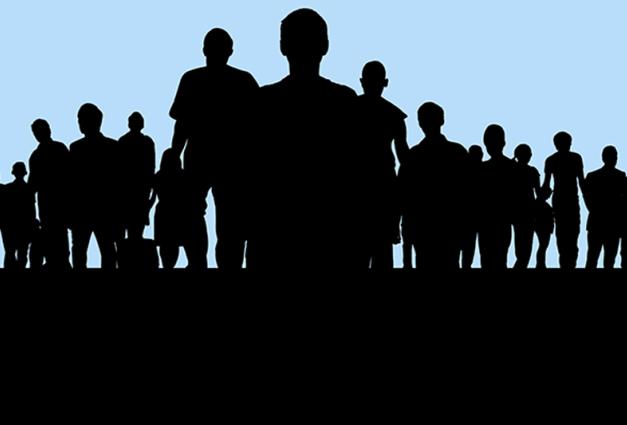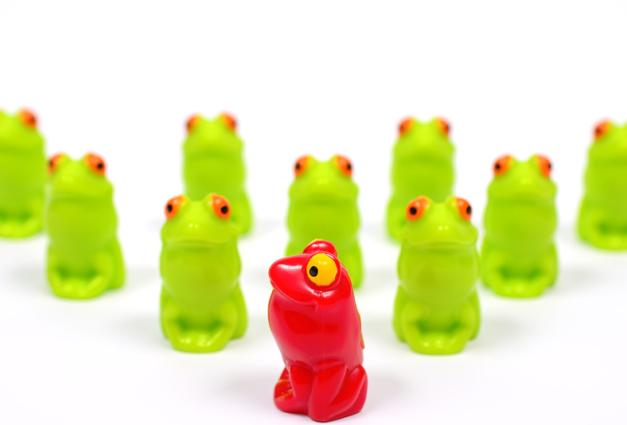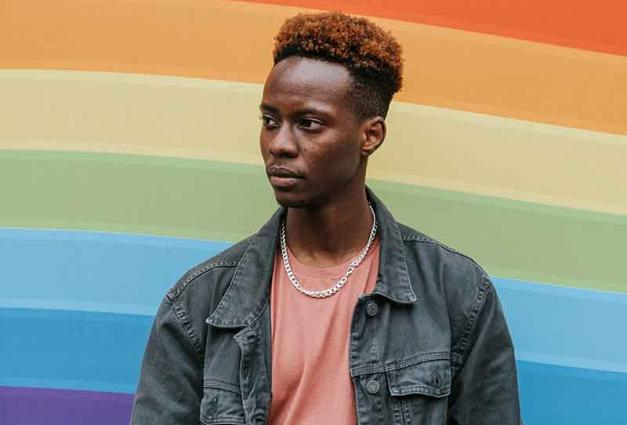January 29, 2016 – Research from several personality and social psychologists show that entertainment media with positive content or conciliatory messages can contribute to positive relationships between members of different ethnic groups.
Improving Perceptions
From sitcoms to music videos, entertainment media offers a reflection of parts of American culture. Sohad Murrar, University of Wisconsin-Madison, showed the power of entertainment media to promote positive intergroup relationships in a series of studies.
In one experiment, the researchers provided participants with a sitcom that showed relatable Arab/Muslim characters. When compared to watching a similar show with an all-white cast, seeing the more diverse and relatable cast showed reduced prejudice. These outcomes were observable four to six weeks later.
In a second experiment, the researchers compared the effects of several established prejudice interventions with entertainment media. Participants who watched a short music video that portrayed relatable Muslims showed less prejudice than participants who had completed a number of other prejudice interventions.
“Entertainment media, in addition to being scalable, are likely to be one the most effective ways to improve intergroup relations and promote diversity,” stated Murrar. Her work is part of ongoing investigations by the Brauer Group Lab in applied diversity interventions[1].
Promoting Social Change
Finding new ways to solve conflict amongst and between groups is an important part of providing a more stable social and political environment. Yeshim Iqbal, New York University, examined the effectiveness of role-modeling prosocial, or helpful, behavior.
Using a field experiment in the Democratic Republic of Congo, the team created two versions of a fictional show; in the experimental condition (role-modeling), the fictional characters discussed community grievances and planned collective action to address them. In the control condition, the fictional characters did not take action toward social change.
In the first study conducted by Dr. Rezarta Bilali of New York University, the role-modeling manipulation increased collective efficacy and perspective-taking, but also evoked more negative intergroup attitudes.
In the second study, they tested the influence of role modeling of collective action on group discussions. Compared to the control, discussions of the role modeling show focused less on grievances, and more on actions to induce social change.
Whether dealing with sitcoms or in-person role-play, “entertainment media play a critical role in shaping people’s feelings, attitudes and behaviors in intergroup contexts,” says Sohad Murrar, “Narratives that promote diversity and positive social change can improve intergroup relations by bolstering collective efficacy, reducing bias, and increasing identification with minority groups.”
“We also see media modeling collective action can increase viewers’ belief in their own group’s collective efficacy in producing positive social change,” adds Ms. Iqbal.
Although more research examining the effects of entertainment media on viewers’ intergroup attitudes is necessary, the current research suggests that entertainment media can be used to promote broad-scale social change by reducing racism and discrimination.
The results were presented as part of the Society for Personality and Social Psychology 17th Annual Convention. The symposium, Using Media Narratives to Reduce Prejudice and Improve Intergroup Relations, took place Friday, January 29, at the San Diego Convention Center.
[1] Brauer Group Lab Diversity interventions: http://psych.wisc.edu/Brauer/BrauerLab/index.php/campaign-materials/english/ (last accessed January 18, 2016).




